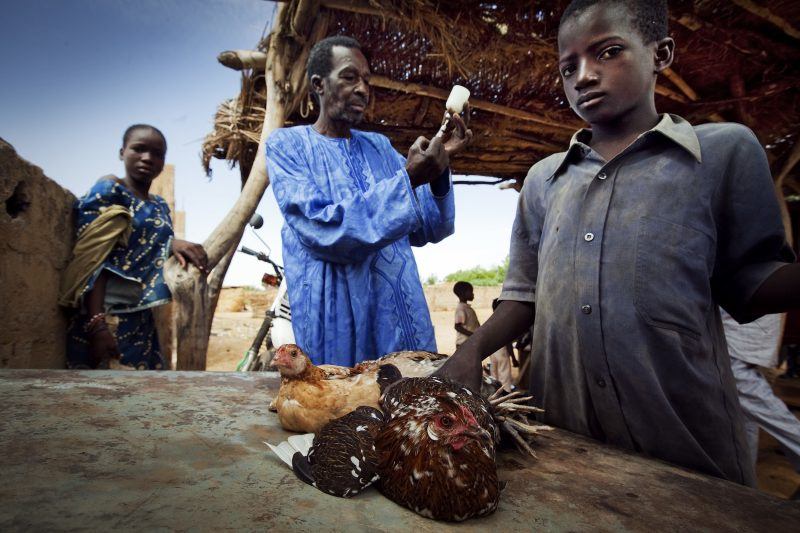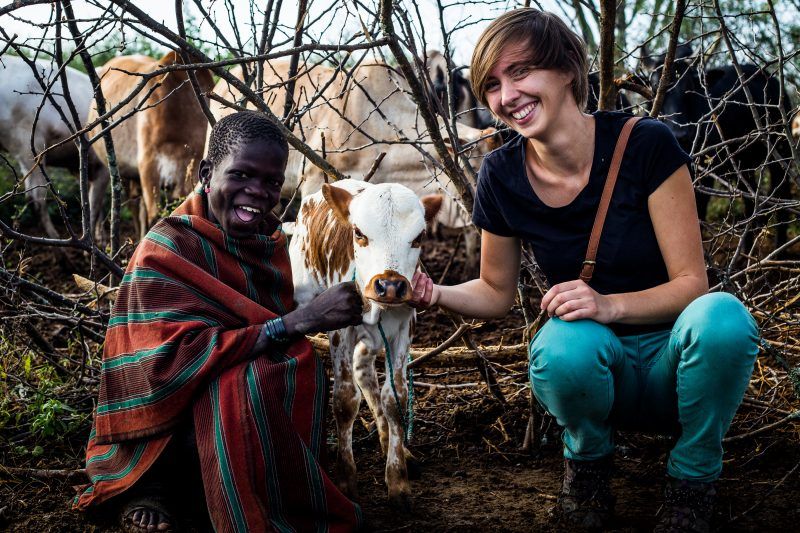What we do
Vétérinaires Sans Frontières Belgium helps livestock keepers in nine African countries to build a better future. That future begins with healthy animals in a healthy environment. We vaccinate and care for herds, and we support livestock keepers so that they can manage biodiversity and ecosystems sustainably. We respond to today’s most essential health issues according to the One Health principles.
Preventing the next pandemic
Zoonoses are infections that pass from animals to humans. In recent years, they have set off many alarm bells. Both Ebola and Covid-19 have proved to us all what can happen when a local zoonosis grows into a pandemic that is capable of going global. Approximately 60% of known infectious diseases in humans and up to 75% of new diseases are of animal origin. And every pandemic we have seen up to now has been a zoonosis.
Interfering with nature means that infections are passing from animals to humans more and more often. Deforestation and the transformation of natural grasslands into fields disrupt the habitats of wild animals. These species are forced to retreat into a smaller biotope. The stress that this causes to the wild animals leads to them passing diseases on to each other more often. Many species are even going extinct. In a healthy ecosystem, biodiversity helps to regulate diseases. But a disrupted ecosystem is weakened, which ultimately leads to more diseases that can also infect humans.
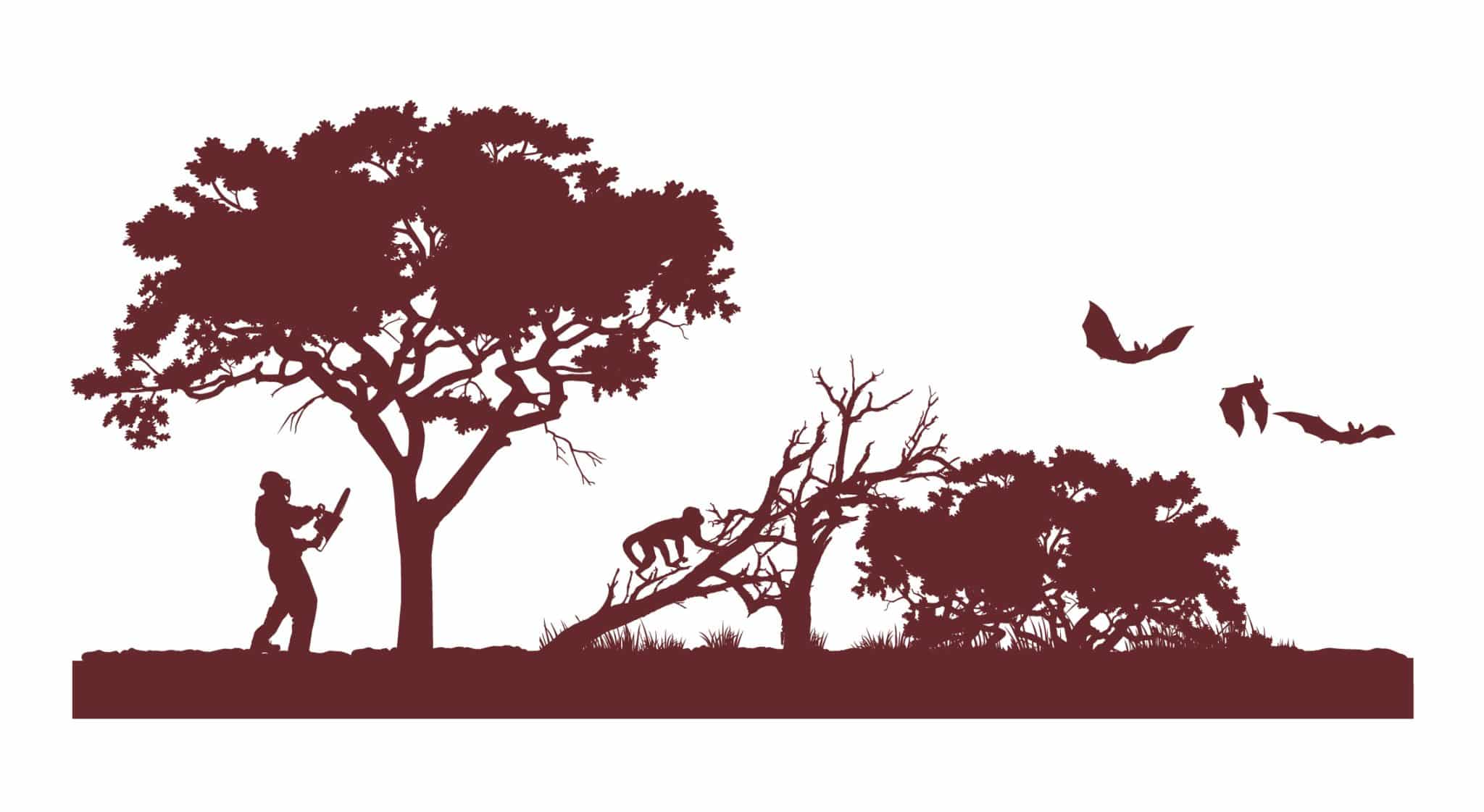
Our violation of nature is bringing wild animals into closer contact with livestock and humans. This is greatly increasing the risk of diseases being transferred. The risk is particularly high in Africa, where the population is growing exponentially and nature is constantly having to retreat as human activity advances.
Population growth and rising prosperity also increase the demand for meat, which leads to intensive livestock farming practices. However, a very large number of animals with little genetic diversity enclosed together in a small space is a dream scenario for the transfer of viruses or bacteria. This is why Vétérinaires Sans Frontières Belgium supports small-scale, family livestock keeping as one of the ways to limit zoonoses.
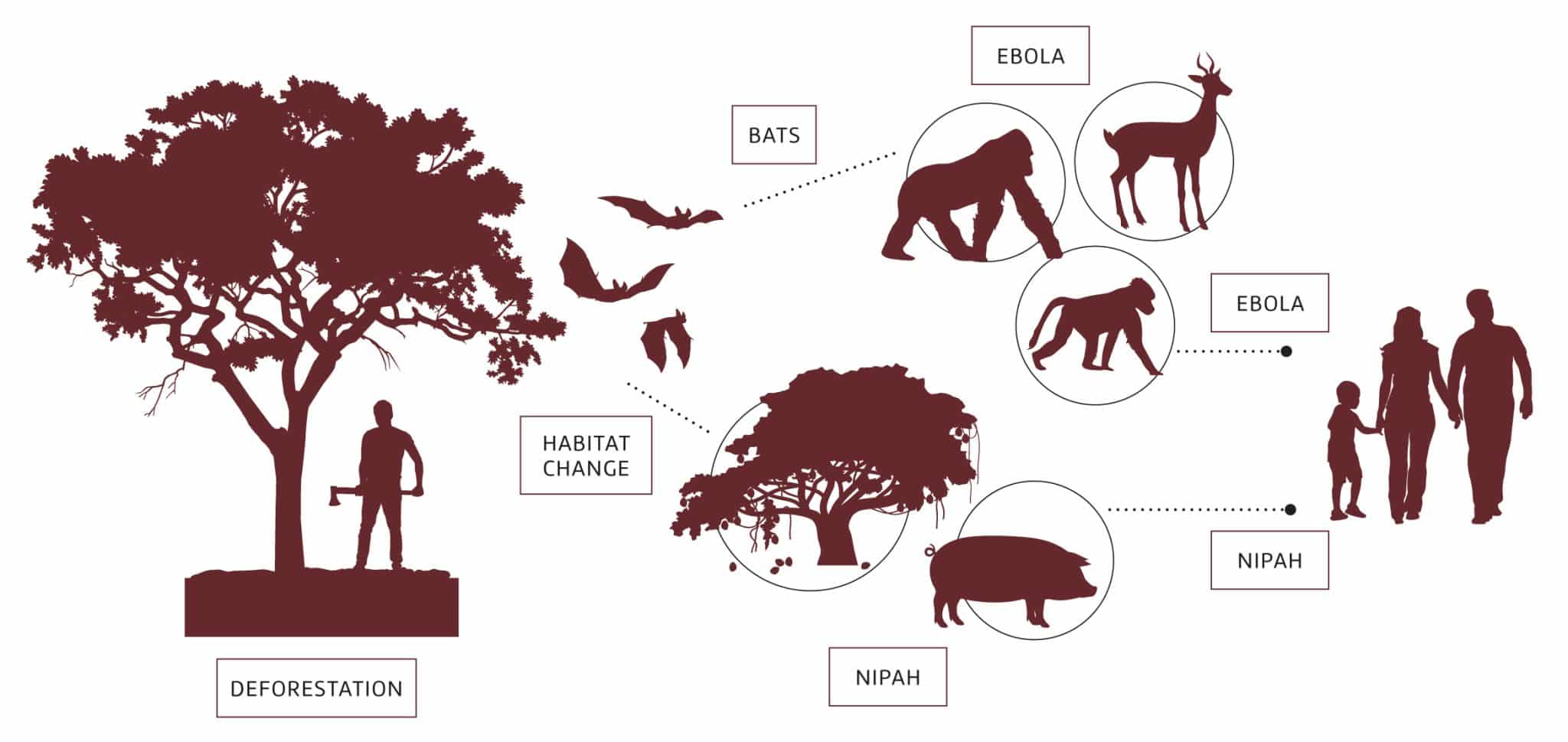
One Health
Zoonoses teach us that the health of humans, animals and the environment are inextricably linked. For this reason, we have been a great advocate of the One Health principles ever since our organisation was founded in 1985. One Health is a multidisciplinary approach that tackles the health of animals, humans and ecosystems in an integrated manner to achieve sustainable results.
Our vets are the front line against outbreaks of animal diseases. However, we will only be able to prevent or control future pandemics in close collaboration with doctors, agriculturalists, environmental experts, epidemiologists, anthropologists, zoologists, entomologists and other scientists.
Find out more about our fight against pandemics in our activity report.
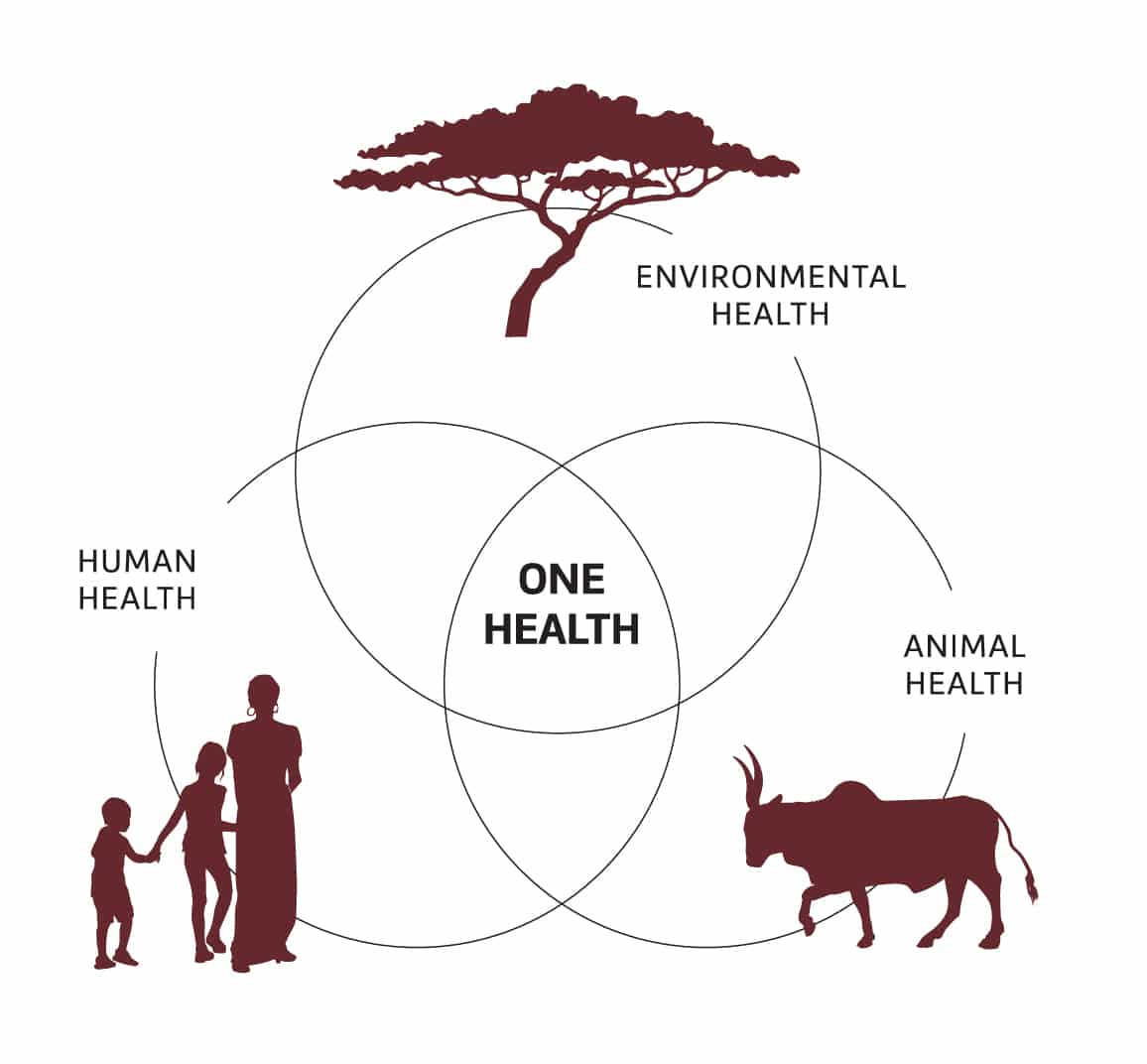
Benin
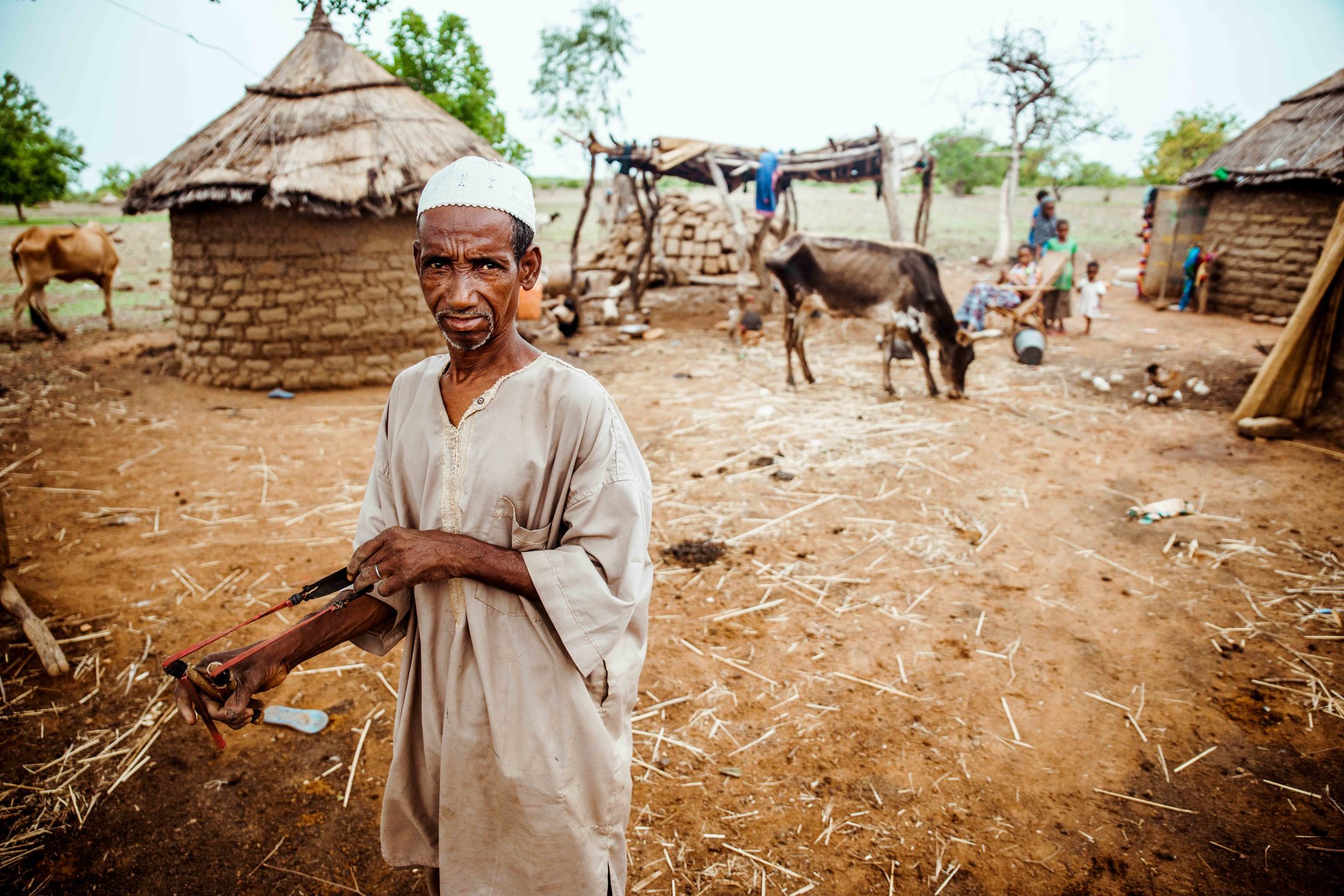 In Benin, we are starting a programme to improve animal health services. We want to strengthen the existing offer and improve cross-border consultation. We also plan to work on mapping natural resources.
In Benin, we are starting a programme to improve animal health services. We want to strengthen the existing offer and improve cross-border consultation. We also plan to work on mapping natural resources.
Burkina Faso
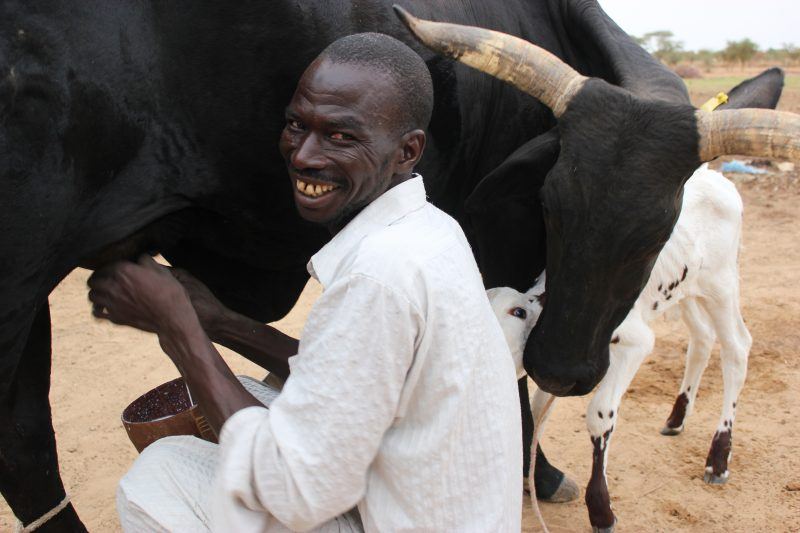 Many Malian refugees live in camps in the north of Burkina Faso. To prevent malnutrition, we ensure that there is enough milk for their children. We do this by improving local milk production.
Many Malian refugees live in camps in the north of Burkina Faso. To prevent malnutrition, we ensure that there is enough milk for their children. We do this by improving local milk production.
Mali
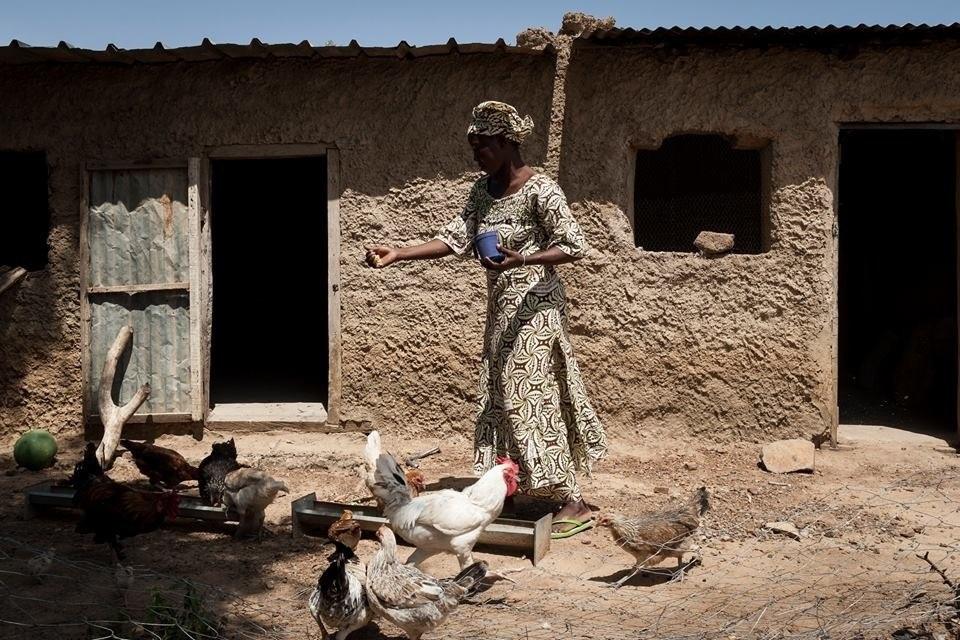 North of Bamako we focus heavily on local poultry farming, run by women. By improving animal health, breeding techniques and sales, women get more eggs and income from their chickens.
North of Bamako we focus heavily on local poultry farming, run by women. By improving animal health, breeding techniques and sales, women get more eggs and income from their chickens.
Mauritania
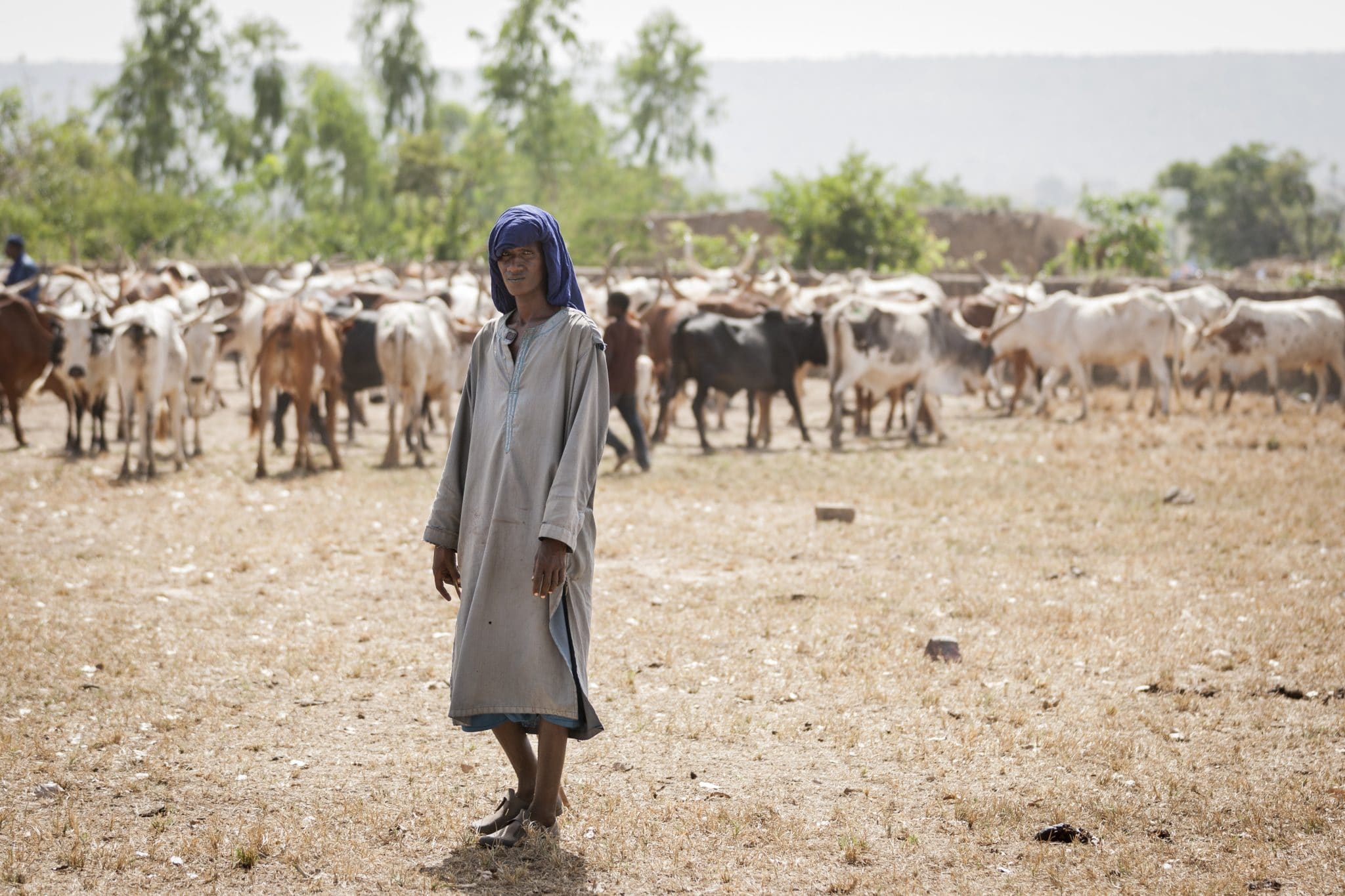
Back in Mauritania, we want to improve the services and infrastructure available to pastoralists in Willaya de l’Assaba, in the south-east of the country. We also plan to restore pastoral areas to better serve the herders and their flocks.
Burundi
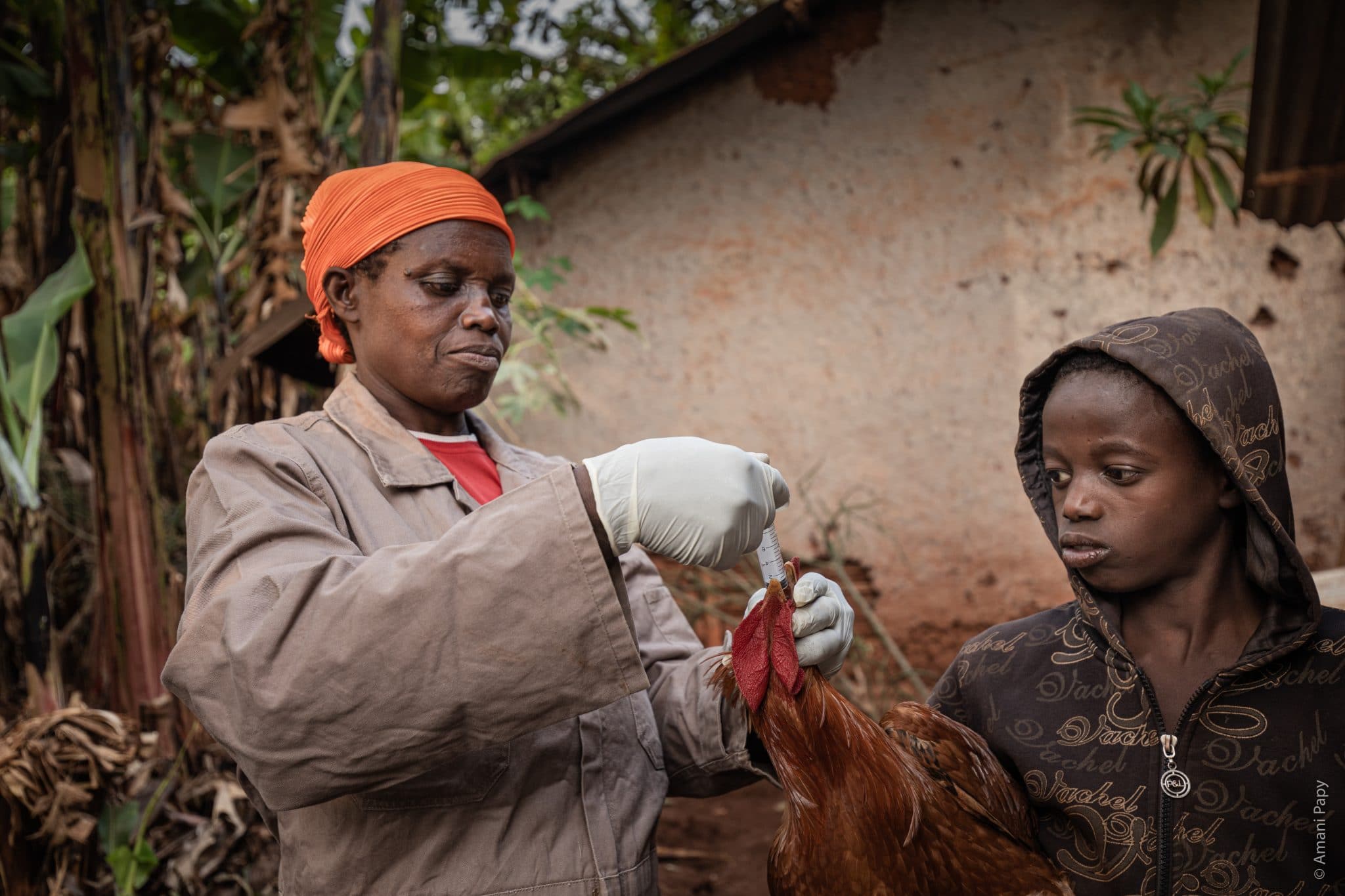
In Ngozi, we donate goats and a vegetable garden to poor families. We teach them how to overcome malnutrition by eating varied foods. Animal manure increases harvest on the field and there is money for the mutuality.
DR Congo
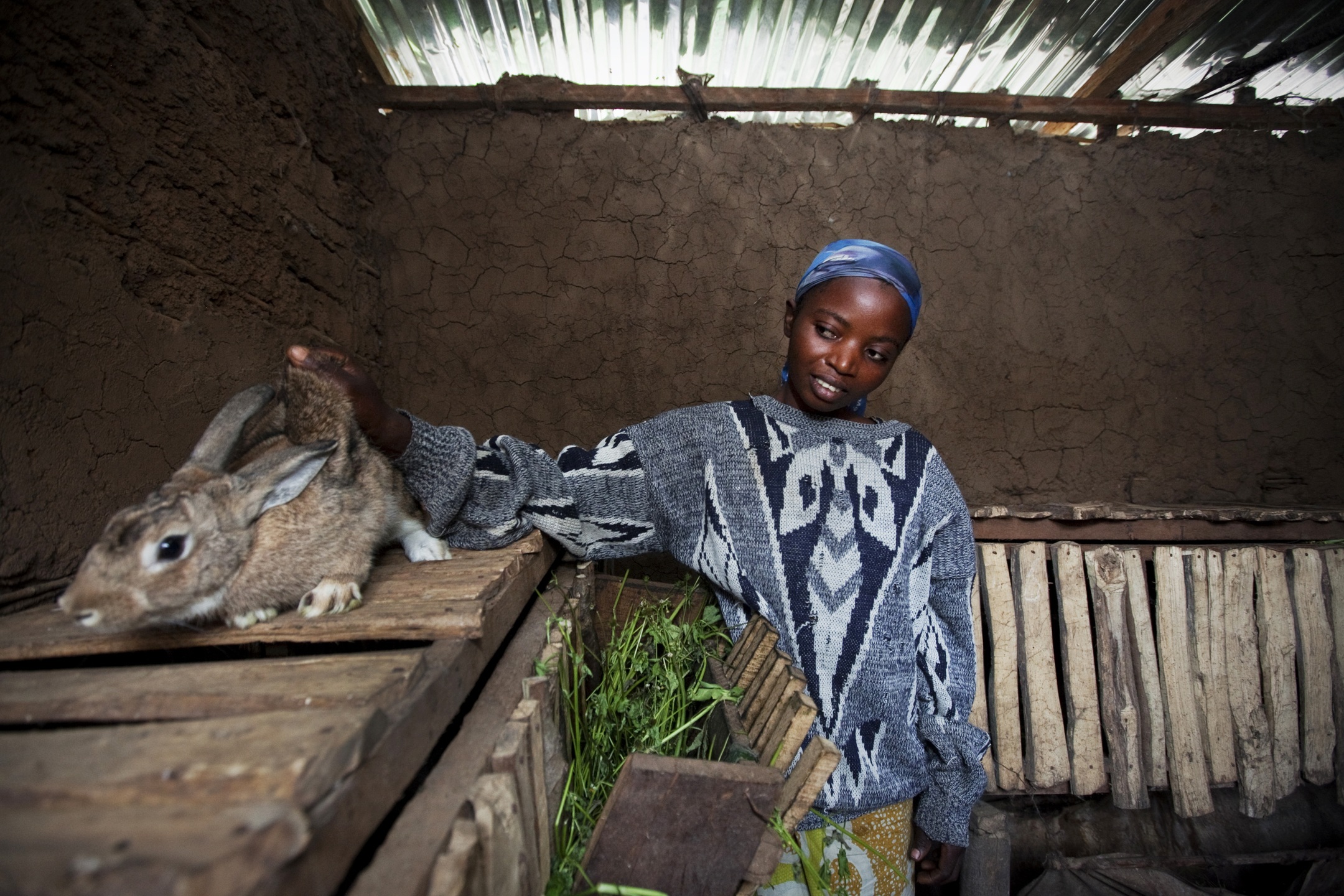 In North Kivu, rabbits steal the show. They reproduce quickly and provide important income and nutritious meat. We therefore donate these animals to disadvantaged families, which in turn pass on the offspring to other families in need.
In North Kivu, rabbits steal the show. They reproduce quickly and provide important income and nutritious meat. We therefore donate these animals to disadvantaged families, which in turn pass on the offspring to other families in need.
Uganda
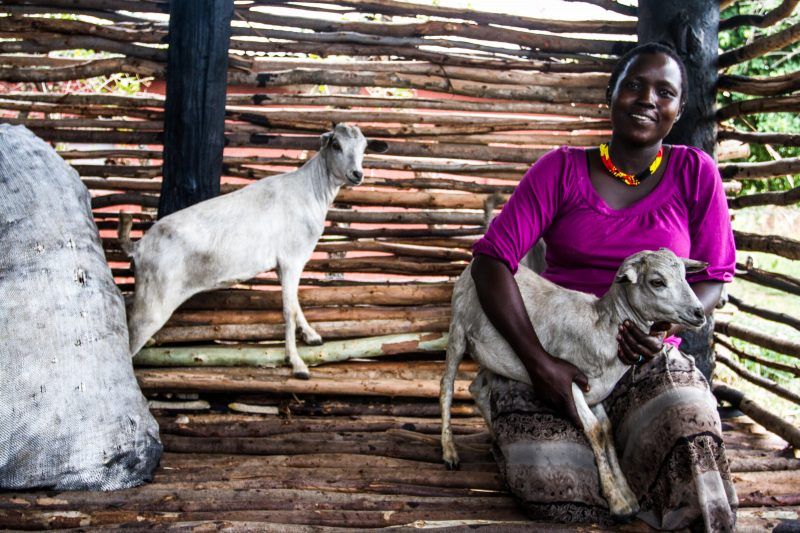 In Karamoja, a dry and poor region in northern Uganda, we donate Kenyan goats. They are larger than the local goats and produce more milk. We build better goat shelters so that the animals do not suffer from rain and mud at night.
In Karamoja, a dry and poor region in northern Uganda, we donate Kenyan goats. They are larger than the local goats and produce more milk. We build better goat shelters so that the animals do not suffer from rain and mud at night.
Rwanda
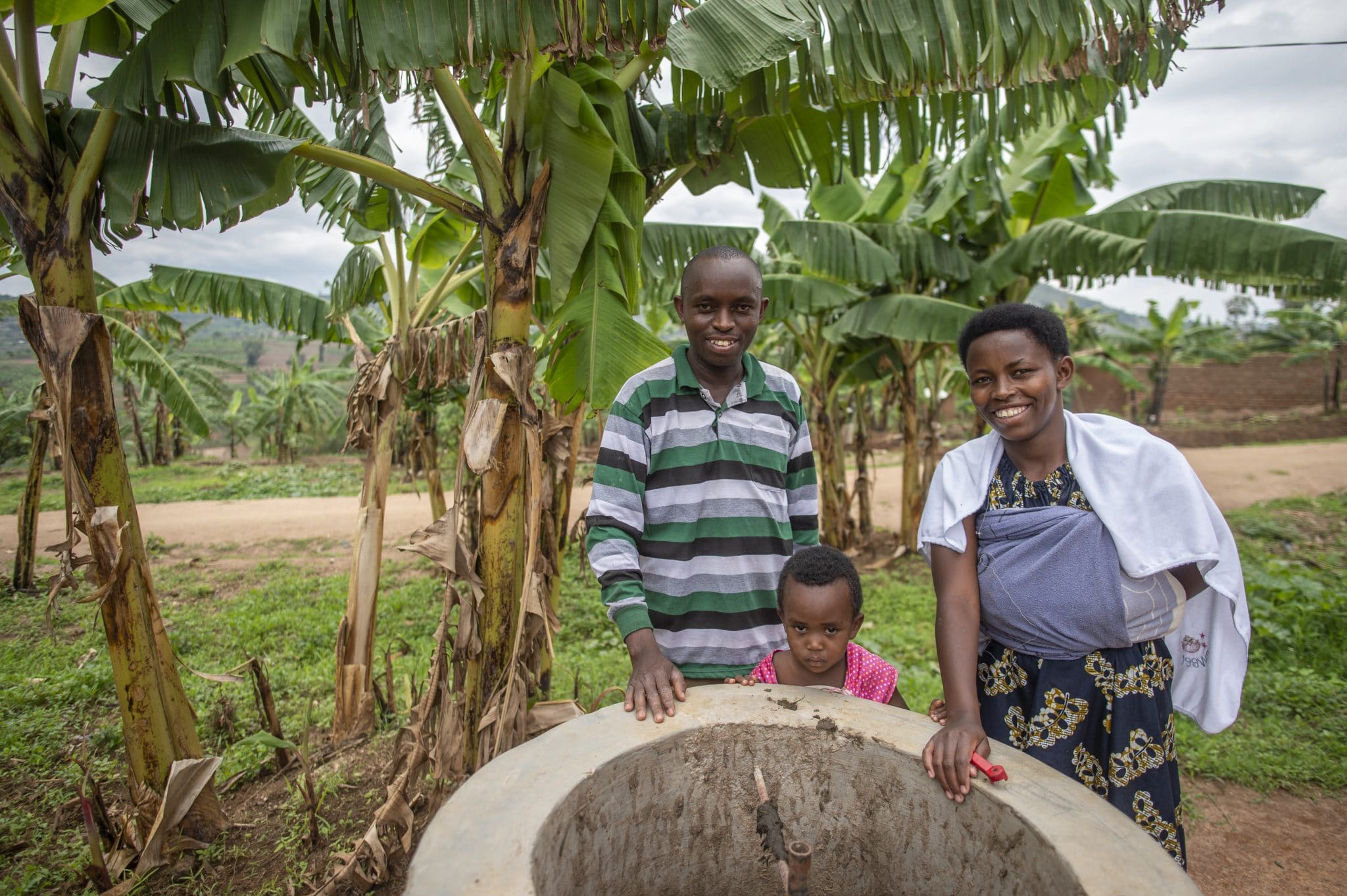
In one of the poorest region of Rwanda, we install biogas plants for small dairy farmers. The cow manure provides gas for cooking. This way, families do not have to cut firewood, a win-win situation for farmers and the environment.
Everyone lives from livestock keeping
In the areas where we work, almost everyone depends on livestock farming. We help poor farming families that are suffering from hunger, drought, floods and conflicts. We do this together with ten local partner organizations.
Activity report
Do you want to know which results Vétérinaires Sans Frontières Belgium obtains with your support?
Belgium
Vétérinaires Sans Frontières Belgium strongly focuses on global solidarity and the exchange of expertise. We work with journalists, students, livestock farmers and veterinarians. We inform and raise awareness around sustainable food production and consumption. We organize exchange trips, lectures and debates. We help politicians worldwide to adapt their international policies to the needs of African family livestock farmers.

